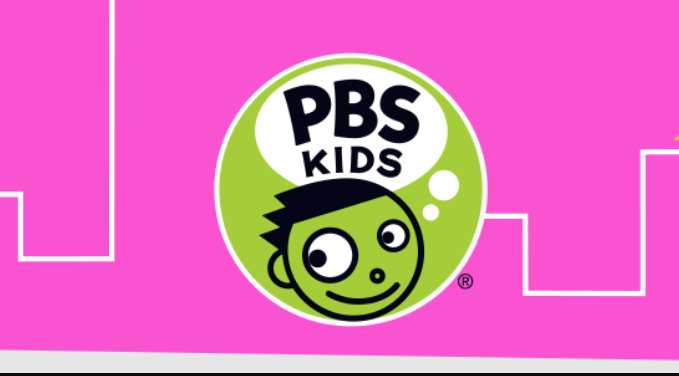PBS Kids Activation :
PBS KIDS, the main instructive media brand for youngsters, offers kids ages 2 to 8 the chance to investigate groundbreaking thoughts and new universes through TV, computerized media, and local area-based projects.
PBS KIDS and neighborhood stations the nation over help the whole environment wherein kids get the hang of, including their instructors, guardians, and the local area.
About PBS Kids:
- That is the reason PBS KIDS is devoted to offering free admittance to media substance and local area-based encounters that help to learn for small kids.
- Their main goal is to utilize the force of media to open universes of opportunities for all kids,
- So every youngster can arrive at their maximum capacity in school and throughout everyday life.
PBS Kids Activation:
- For the activation open the page kids.pbs.org/activate
- As the page appears at the center provide an activation code
- Now click on the ‘Continue’ button.

PBS Kids Login:
- To login open the webpage pbskids.org/grownups
- After the page appears at the top left click on the ‘Sign in’ button.
- In the login widget click on the ‘Sign in with your username’ button.
- You have to provide a username, password hit on the ‘Sign in’ button.
Reset PBS Kids Login Credentials:
- To reset the login details open the website pbskids.org/grownups
- As the page opens in the login widget hit on ‘I forgot my password’ button.
- You have to provide username and click on ‘Ok’ button.
Register for PBS Kids Account:
- To register for the account open the page pbskids.org/grownups
- Once the page appears in the login widget click on the ‘I don’t have a username’ button.
- You have to make up your username and hit on ‘Ok’ button.
Also Read : Activate your BBC America Channel On your Devices
Different Math Games from PBS Kids:
- Round the Block: Have understudies remain in a square. Give one of them a ball and a numerical test that requires a rundown of reactions, for example, checking by twos or naming shapes that have the right points. Before the understudy answers, he passes the ball to the individual close to him.
- Ricocheting Sums: Cover a volleyball with numbers. Throw the ball to one understudy and have her get down on the number that her correct thumb contacts. She throws it to the following understudy, who does likewise, and afterward add his number to the first. Proceed for five minutes and record the whole.
- Number Builders: Give each pair of understudies a kick to the bucket with six to nine sides. Have them set up spaces for the digits in a number. Prior to playing, choose if the most elevated or least number will win. Understudies alternate rolling the kick the bucket and filling in spaces. When a number has been composed, it can’t be changed. Move until all spaces are filled, and afterward, look at the numbers.
- Hopscotch Math: Set up a hopscotch framework with a mini-computer format. With more established children, you can incorporate the square root image and negative number sign. Understudies first jump on one number, at that point an activity, another number, the equivalent sign, lastly the appropriate response.
- Worldwide Probability: 70% of Earth is covered with water. Test this measurement by having understudies remain all around and throw an inflatable globe to each other. At the point when an understudy gets the globe, record whether the understudy’s left thumb is contacting area or water. That understudy throws the ball to a cohort and afterward plunks down.
- It’s Probable: For a wind on the conventional game War, allot estimations of 1 to the ace, 11 to the jack, 12 to the sovereign, and 13 to the lord, and presumptive worth for the cards two through 10. Playing two by two, every understudy lays two cards face up, at that point takes away the lower number from the higher. Whoever has the higher answer wins each of the four cards.
PBS Kids Contact Help:
For more help call on 866-531-6305.
Reference Link:
